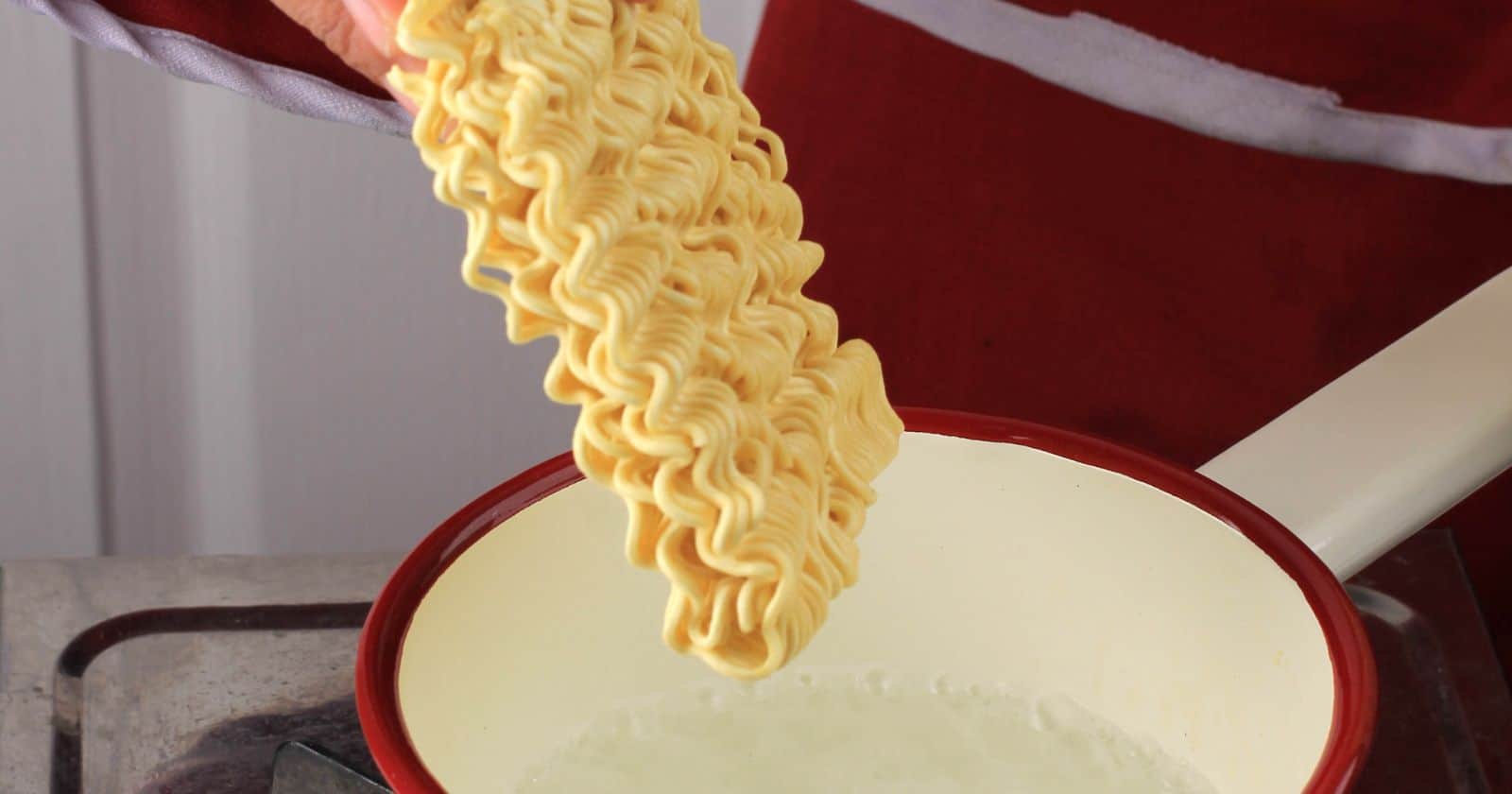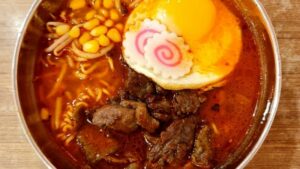You’ve stumbled upon a long-lost pack of ramen noodles, likely hidden away and forgotten in the back of your pantry. As you stare at its dusty exterior, one pressing question comes to mind: should I actually eat these super-old noodles?
The answer is not so simple. While properly stored dry ramen can last 2-5 years, there are risks to consuming overly aged noodles. So should you indulge in those archeological ramen relics? Let’s break it down.
Ultimately, eating 2 year old ramen comes down to storage conditions, signs of spoilage, and using your best judgment. While dry expired ramen may still be safe if kept properly, it is not recommended. Fresh or cooked noodles are too risky once expired.
To determine if your ancient ramen is edible, watch for mold, foul odors, and changes in texture/color. If unsure, play it safe and say goodbye to those geriatric noodles.
Now let’s explore further…
The Shelf Life of Ramen Noodles
Before determining if your noodles are edible, it’s essential to understand their shelf life. Here’s a breakdown:
- Dry ramen noodles: 2-5 years when stored properly
- Instant ramen noodles: Best by date, but can last 6+ months after if sealed
- Fresh/cooked ramen noodles: Must eat promptly once cooked
Proper Storage
To maximize ramen’s shelf life:
- Store in a cool, dry area away from sunlight and moisture
- Keep package sealed until ready to use
- Don’t refrigerate uncooked noodles – will become stale
Cooked Ramen Storage
- Freeze cooked ramen in airtight container for 2 months max
- Reheat on stove with broth/water to prevent dryness
Kitchen Safety
- Always check expiration dates before eating
- Discard any ramen with odd smells or textures
- When in doubt, play it safe and throw it out
Do Expiration Dates Matter?
Ramen expiration dates indicate quality rather than safety. Here’s a detailed breakdown:
- Instant ramen: Safe to eat 6+ months after expiration if properly stored
- Improper storage: Can cause early spoilage from moisture/humidity
- Fresh/cooked ramen: Risky once expired – discard if spoiled
Key Takeaway: Dry expired ramen may be safe, but use caution and check for spoilage.
Signs Your Ramen Has Spoiled
Watch for these red flags before eating questionable ramen:
Mold and Mildew
- Black spots, fuzz, or mildew = spoiled from moisture
- Do not eat molded ramen!
Foul Odors
- Ramen should not smell unpleasant
- Odd odors may signify spoilage
Texture/Color Changes
- Soft, slimy, or discolored = spoiled
- Toss if noodles look or feel “off”
Improper Storage
- Heat, light, moisture can cause early spoilage
- Stick to proper storage guidelines
When in doubt, throw it out!
Nutritional Value of Expired Ramen
Consuming expired ramen noodles is not recommended, but here’s what to consider:
- Storage conditions – Dry expired ramen may be safe if stored properly
- Signs of spoilage – Discard at any signs of mold, smells, texture/color changes
- Use common sense – If seems questionable, don’t risk eating it
There is no nutritional value in spoiled ramen.
Health Risks of Old Ramen Noodles
Consuming old, spoiled ramen can cause illness. Watch for:
Mold Growth
- Fresh noodles can grow mold from improper storage
- Do not eat ramen with any mildew/black spots
Texture/Color Changes
- Altered texture or color may indicate bacterial contamination
- Do not consume if noodles seem stale or “off”
Food Poisoning
- Spoiled ramen can cause nausea, vomiting, diarrhea
- Ensure ramen is fresh and uncontaminated
When in doubt, play it safe and discard old ramen. Your health is not worth the risk!
The Bottom Line
So, can you eat 2 year old ramen noodles?
Only if the dry noodles are properly stored and show no signs of spoilage. However, it’s not recommended. Fresh or cooked noodles should be discarded once expired.
To maximize safety and quality, store ramen noodles properly, check expiration dates, and inspect for any mold, smells or texture/color changes before eating. When unsure, use common sense – it’s better to be safe than sick when it comes to old ramen!





